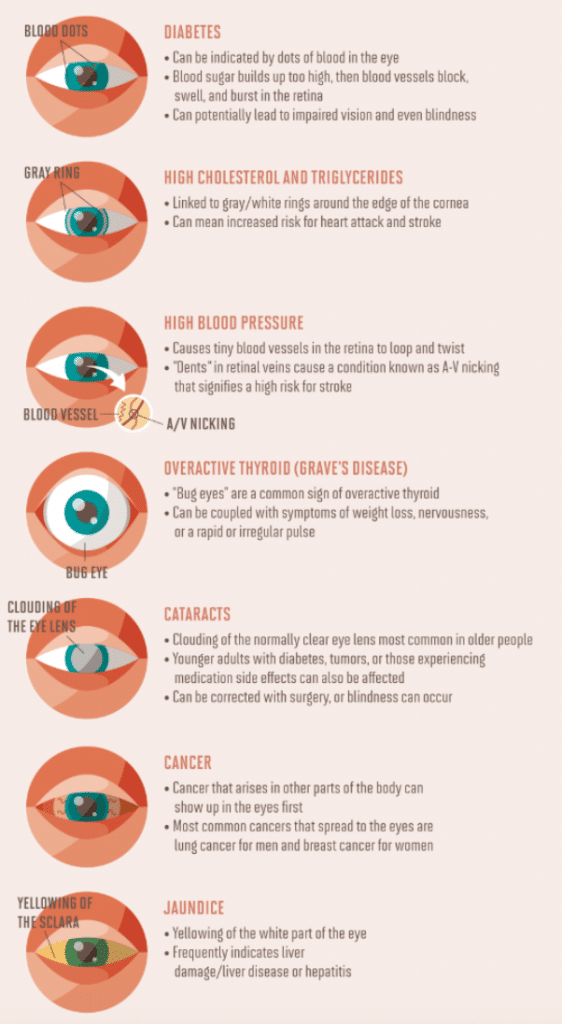Mirroring Body Language Unconsciously
Mirroring body language unconsciously? Sounds fascinating, doesn’t it? Well, get ready to dive into the intriguing world of nonverbal communication! You may not realize it, but our bodies have a unique way of mirroring the movements and gestures of those around us without us even thinking about it. It’s like our bodies have a secret language of their own!
Have you ever found yourself copying someone’s gestures or leaning in when they do? That’s mirroring in action! It’s a subconscious behavior that allows us to connect with others on a deeper level without uttering a single word. From crossing our arms to nodding our heads, these mirroring movements happen automatically, and they have a profound impact on our interactions with others.
So why does our body language mirror that of others? Well, it’s thought to be a fundamental part of human empathy and social bonding. When we mirror someone’s body language, it creates a sense of rapport and understanding, as if we’re saying, “Hey, I get you!” It’s an unconscious way of building trust and connection with the people around us.
In this article, we’ll explore the fascinating phenomenon of mirroring body language. We’ll uncover why we do it, how it affects our relationships, and even reveal a few tips to harness its power in your own interactions. Get ready to decode the hidden signals of body language mirroring and discover the secrets of human connection!

Mirroring Body Language Unconsciously: The Subtle Communication Technique
Body language plays a crucial role in human communication, with researchers finding that people often subconsciously mimic the gestures, postures, and expressions of those they interact with. This phenomenon is known as mirroring, and it occurs without conscious effort or intention. Mirroring body language unconsciously allows individuals to establish rapport, build trust, and create a sense of connection with others. In this article, we will explore the science behind mirroring, its potential benefits, and practical tips to use mirroring effectively in various situations.
The Science Behind Mirroring
Mirroring is deeply rooted in our social nature as human beings. It is believed to be a result of our brain’s mirror neuron system, which activates when we observe someone performing an action, as well as when we perform the same action ourselves. This system plays a crucial role in understanding others’ intentions, emotions, and experiences, enabling empathy and social bonding.
When we unconsciously mirror someone’s body language, it is an automatic response that reflects our brain’s attempt to empathize and connect with others. By mimicking their gestures, postures, and expressions, we create an unconscious sense of familiarity and similarity, which facilitates social bonding and trust-building.
The Power of Mirroring in Communication
1. Establishing Rapport: When people mirror each other’s body language, it can help establish a sense of connection and rapport. Mirroring shows that you are attuned to the other person’s cues and receptive to their message, creating a comfortable and harmonious atmosphere.
2. Building Trust: Mirroring can enhance trust and credibility in relationships. When someone sees their own body language mirrored by another person, they subconsciously interpret it as a sign of similarity, shared values, and understanding. This shared body language can foster trust and openness.
3. Enhancing Influence: Mirroring can be a powerful tool in influencing others. By subtly mimicking the body language of the person you are interacting with, you can create a sense of empathy and understanding, increasing the likelihood of them being receptive to your ideas or suggestions.
4. Improving Communication: Mirroring body language unconsciously can improve communication by helping individuals synchronize their nonverbal signals. When both parties mirror each other’s gestures, postures, and expressions, it creates a shared rhythm of communication and enhances mutual understanding.
Tips for Utilizing Mirroring Effectively
1. Observe and Adapt: Pay attention to the other person’s body language cues and adapt your own subtly to match theirs. Notice their gestures, postures, and facial expressions, and mirror them without overdoing it. The key is to be natural and authentic in your mirroring.
2. Start with Basics: Begin by mirroring simple cues such as posture, head nods, and hand gestures. As you become more attuned to the other person’s body language, you can gradually mirror more subtle and nuanced movements.
3. Maintain a Comfort Zone: While mirroring can strengthen rapport, be mindful of not invading personal space or mimicking excessively. Respect personal boundaries and maintain a comfortable distance.
4. Practice Active Listening: Mirroring is most effective when combined with active listening. Pay attention to the other person’s verbal and nonverbal cues, and respond with mirroring gestures that reflect understanding and engagement.
5. Adapt to Different Situations: Keep in mind that mirroring should be adjusted based on the context and culture. What works in one situation may not be appropriate in another. Be sensitive to cultural norms and individual preferences.
In conclusion, mirroring body language unconsciously is a powerful tool for effective communication and building relationships. By subtly mimicking the nonverbal cues of others, we can establish rapport, foster trust, and enhance mutual understanding. Remember to observe, adapt, and practice active listening to utilize mirroring effectively in various situations.
Key Takeaways: Mirroring Body Language Unconsciously
1. Mirroring body language refers to unknowingly mimicking the gestures and postures of others.
2. It happens subconsciously and shows a connection between individuals.
3. Mirroring body language can enhance rapport and trust in social interactions.
4. Being mindful of your own body language can help you observe and manage mirroring tendencies.
5. It is important to be aware that mirroring can be influenced by cultural and individual differences.
Frequently Asked Questions
In many social interactions, we tend to unconsciously mirror the body language of those around us. This mirroring behavior can have a significant impact on communication and relationships. The following questions and answers will explore how mirroring body language unconsciously affects us.
1. How does mirroring body language unconsciously affect communication?
Mirroring body language can enhance communication by creating rapport and a sense of connection. When you unconsciously mimic someone’s body language, it signals that you are engaged and receptive to what they are saying. This mirroring can help build trust and create a harmonious atmosphere during interactions.
However, mirroring becomes problematic when it is done unconsciously and without awareness. If you are not mindful of your mirroring behavior, you may unintentionally mimic negative or unwanted nonverbal cues. This could impact the message you want to convey and lead to miscommunication or misunderstandings.
2. How does mirroring body language unconsciouslly affect relationships?
Mirroring body language unconsciously plays a crucial role in building stronger relationships. When we mirror someone’s body language, it creates a sense of familiarity and similarity. This can foster a deeper connection and enhance empathy between individuals.
However, it is important to note that mirroring should be done in moderation. Excessive mirroring without conscious control can lead to a loss of authenticity. It is essential to find a balance between mirroring and expressing your own individuality to maintain healthy and genuine relationships.
3. Can mirroring body language unconsciously be used to influence others?
Absolutely! Mirroring body language unconsciously can be a powerful tool for influencing others. When we mimic someone’s body language, it creates a sense of familiarity and trust. This can make the other person more receptive to our ideas and suggestions.
However, it is essential to use mirroring ethically and with good intentions. Using mirroring solely for manipulation can harm relationships and undermine trust. Authenticity and genuine connection should always be prioritized over manipulative tactics.
4. Can mirroring body language unconsciously be controlled?
While the concept of mirroring is often unconscious and automatic, it is possible to become more aware and control our mirroring behavior. By practicing mindfulness and self-awareness, we can develop the ability to consciously choose when to mirror and when not to.
Additionally, focusing on building empathy and understanding can help us become more sensitive to the needs and emotions of others without relying solely on mirroring. Developing emotional intelligence and communication skills can also contribute to a healthier and more conscious mirroring behavior.
5. Is mirroring body language unconsciously universal across cultures?
While mirroring body language is a common phenomenon in many cultures, the degree of mirroring and the interpretation of specific nonverbal cues may vary across different societies. Cultural norms and individual differences can influence the extent to which mirroring occurs.
It is important to be mindful of cultural differences and adapt our mirroring behavior accordingly. Being sensitive to cultural nuances can help prevent misunderstandings or uncomfortable situations that may arise from mirroring nonverbal cues inappropriately.
Summary
Ever noticed how you unknowingly mimic someone’s body language? It turns out that mirroring is a natural behavior that helps us connect with others. When we unconsciously mirror someone’s actions, we are showing empathy and building rapport. So, next time you find yourself copying a friend’s hand gestures or crossing your legs in the same way as someone else, remember that it’s just your brain’s way of saying, “I understand you!”
Additionally, mirroring body language can also be used as a communication tool. When you intentionally mirror someone, it can make them feel more comfortable around you and enhance the bond between you. Just remember to do it subtly and not mimic every little thing they do, or it might come across as weird. Mirroring is a powerful way to connect with others and show them that you’re on the same wavelength! So go ahead and give it a try, and see how it can improve your relationships and interactions.
